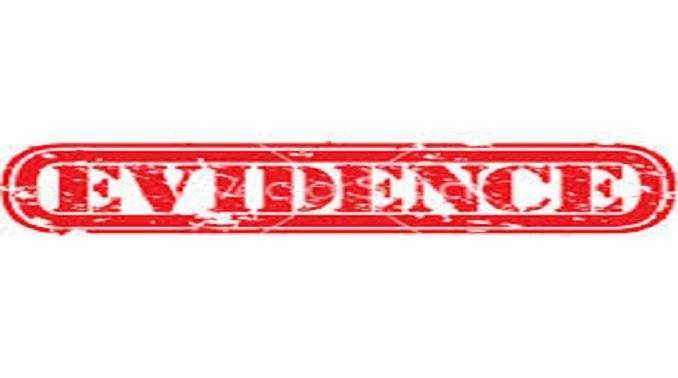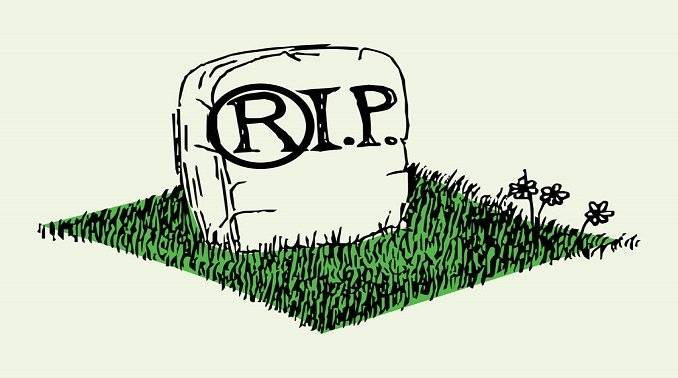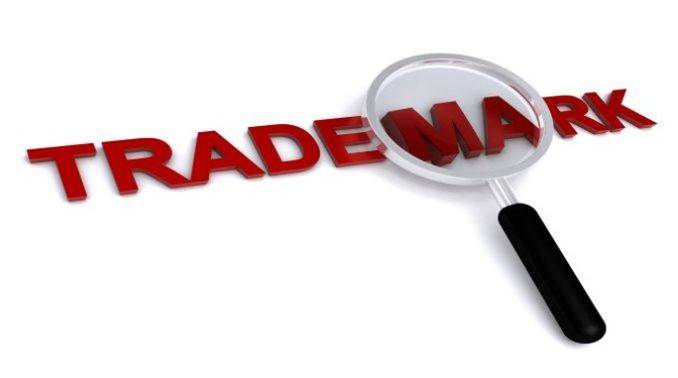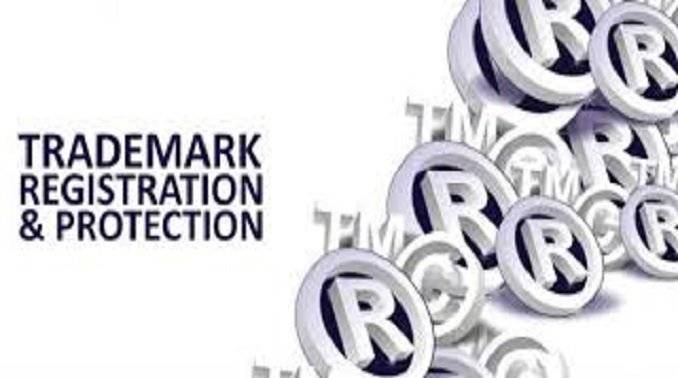This post was first published on 7th July, 2014.
In this post, we will look into whether the mere use of trademark as part of a domain name or as an email id or even as private communication between parties can stand as proof of use of a trademark.
Documentary proof is generally submitted to show that an Applicant has been continuously using an impugned mark. It is an effort for Applicants to show trademark examiners how they use the trademark…










